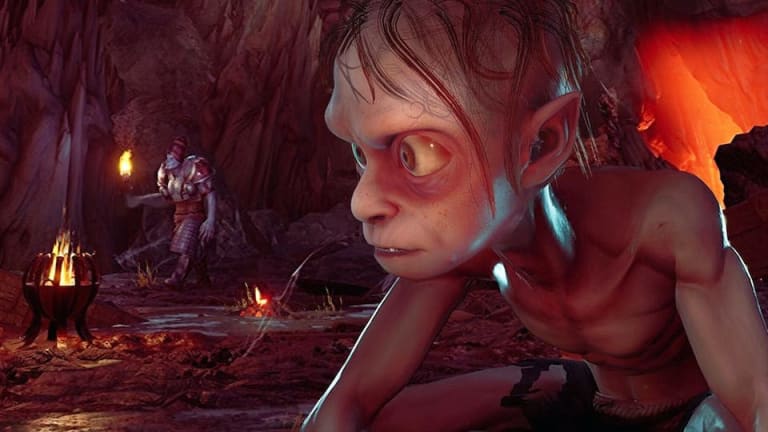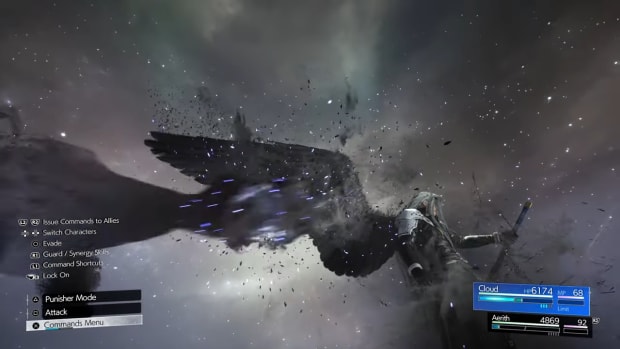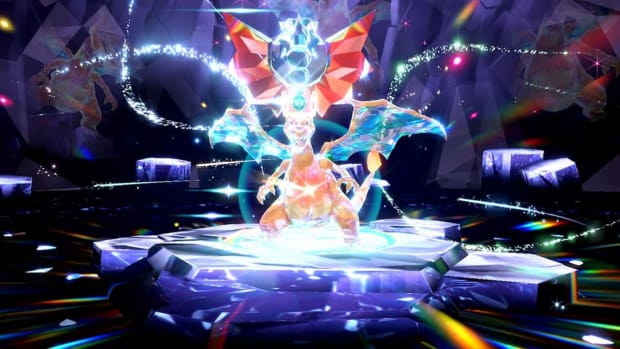
Gollum developer Daedalic Entertainment is quitting game development

Daedalic Entertainment, the developer of the recently released The Lord of the Rings: Gollum, has revealed that it’s shutting down its internal development teams and pivoting to focus on its publishing efforts.
In a statement made to German games website GamesWirtschaft, Daedalic said that 25 of the company’s more than 90 employees will be affected by the decision, with the company promising the “support … former employees in finding new opportunities within our network”.
Daedalic Entertainment was founded in 2007 and quickly became known for its point-and-click adventure games. Its Deponia series has received generally positive reviews, but has been criticized for its tired humor and slow plot progression. A new game in the series, Surviving Deponia, will continue to be developed by external development partner AtomicTorch.
After years of financial troubles, the developer was ultimately acquired by French video game company Nacon, best known for its gaming accessories, for $60 million in 2022.
Most recently the developer created The Lord of the Rings: Gollum, which was released in a disastrous state to overwhelmingly negative reviews. The game was filled with bugs, glitches, and poor animations, and was slammed by critics and players alike. It currently holds a Metascore of 34/100 on review score aggregator Metacritic, with over 40 of the game’s 50 reviews being scored at under 50%.
Daedalic promised to fix the game after the disastrous launch, with the company saying that it was determined to “make things right” and update the game. That update is reportedly still in the works, but the future of the game’s previously announced Nintendo Switch port is currently unknown.
What is known is that a future The Lord of the Rings game, which was in development at the studio, has been canceled. The game was set to be released at the end of 2024, but after the closure of Daedalic’s Hamburg studio, development has been halted. The developer informed the German Ministry of Economic Affairs, which had previously pledged millions of dollars in subsidies for development of the game, that it would no longer be going ahead.



